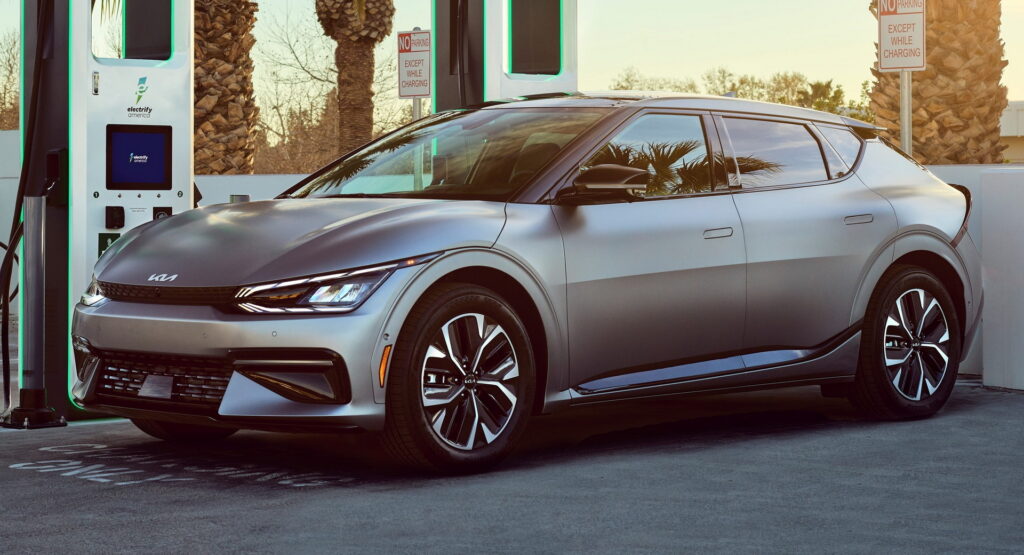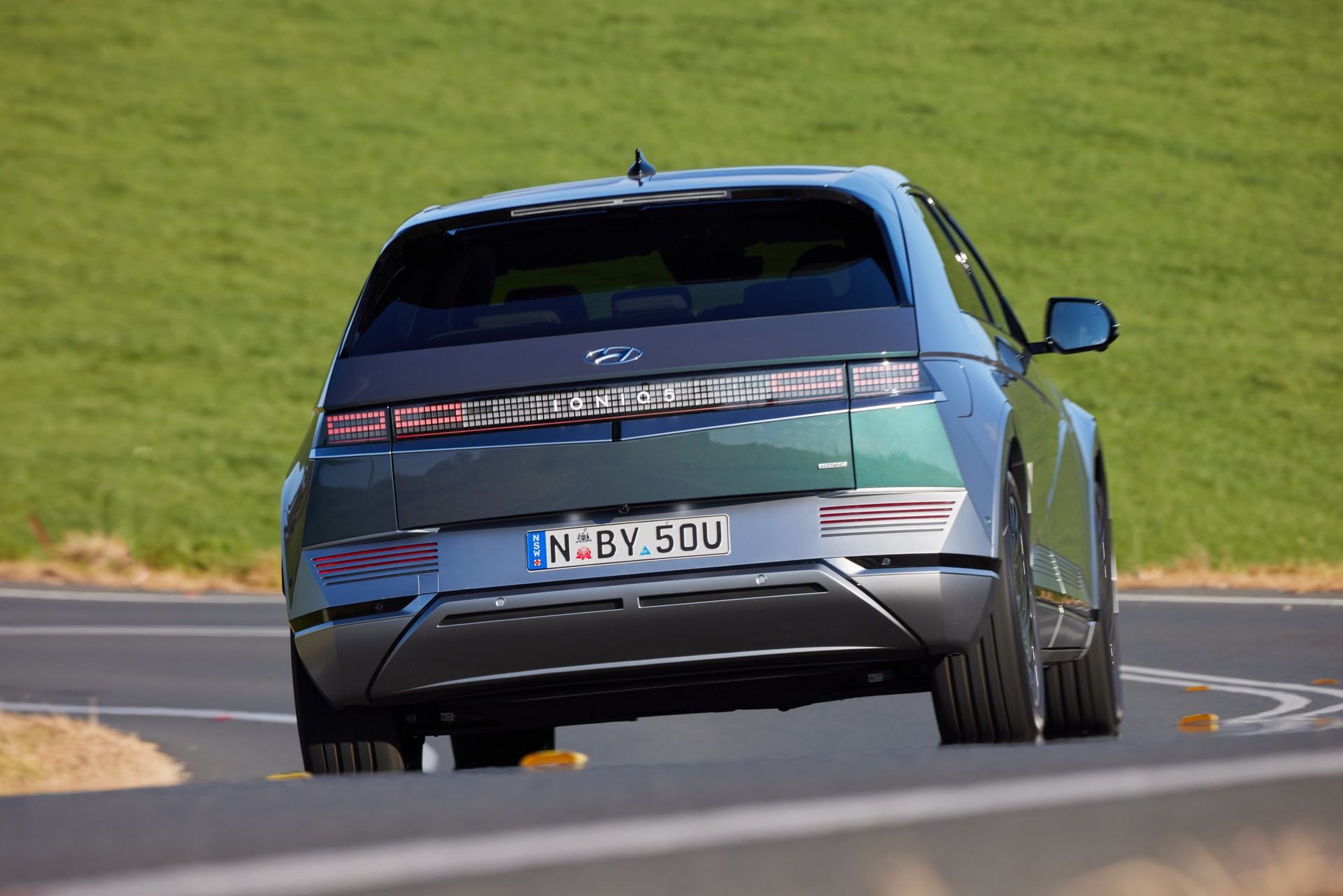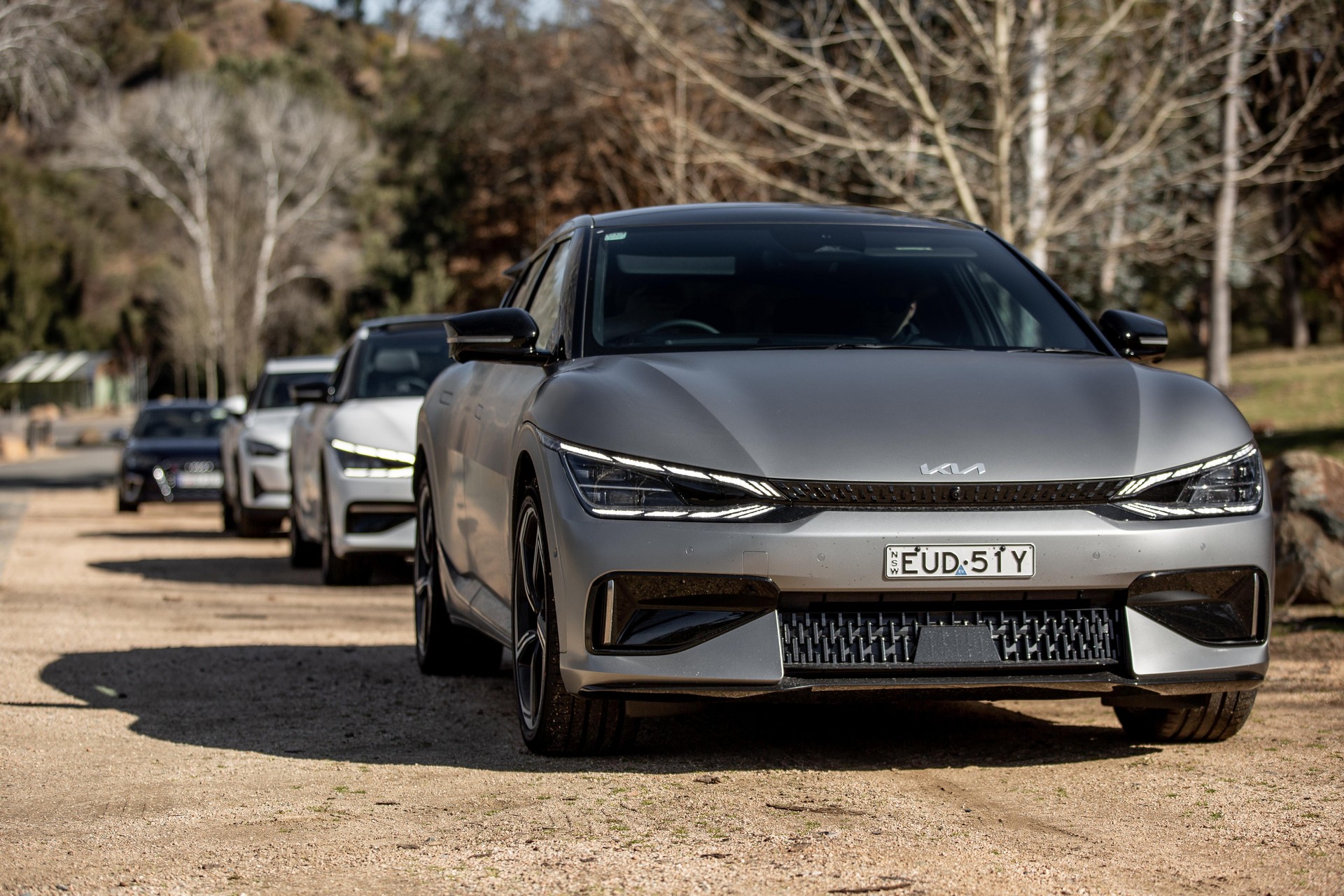Hyundai and Kia may have to increase the number of electric vehicles they produce in North America to remain competitive.
The U.S. Senate recently passed the first draft of the Inflation Reduction Act on Sunday that also outlines how EV subsidies will be offered in the future. U.S. President Joe Biden is expected to sign off on the bill later this week after the House vote.
Found within the bill is a $369 billion green stimulus package that will provide subsidies of $7,500 for each individual EV that is produced in North America and that includes even batteries produced in the U.S.
Some industry observers fear that Hyundai and Kia could lose ground to their competitors because they don’t currently have any EV production facilities in North America and currently build both the Ioniq 5 and EV6 in Korea.
The automakers do have some plans for EV production in North America. For example, both the forthcoming Hyundai Ioniq 7 and Kia EV9 are expected to be built at a new factory in Georgia.
Read More: Hyundai Motor Group To Build New EV And Battery Plant In Georgia Creating 8,100 Jobs
The Korea Times notes that the Hyundai Motor Group’s plans could be impacted by its labor union in Korea. A collective agreement with the union means that consent is needed before the automakers are able to move production of a model out of Korea.
“If we do not advance the production of electric vehicles in the U.S., we may miss the opportunity to dominate the market, so the decision is urgent,” Samsung securities researcher Lim Eun-young said.
Hyundai and Kia’s market share of EVs in the United States dropped to 7.6 percent in July, meaning it dropped behind Ford with a 10.4 percent share and Volkswagen with an 8.5 percent share. This was due to a decrease in export shipments because of a strike by the Korean cargo alliance, and an increase in the number of models offered by competitors.









